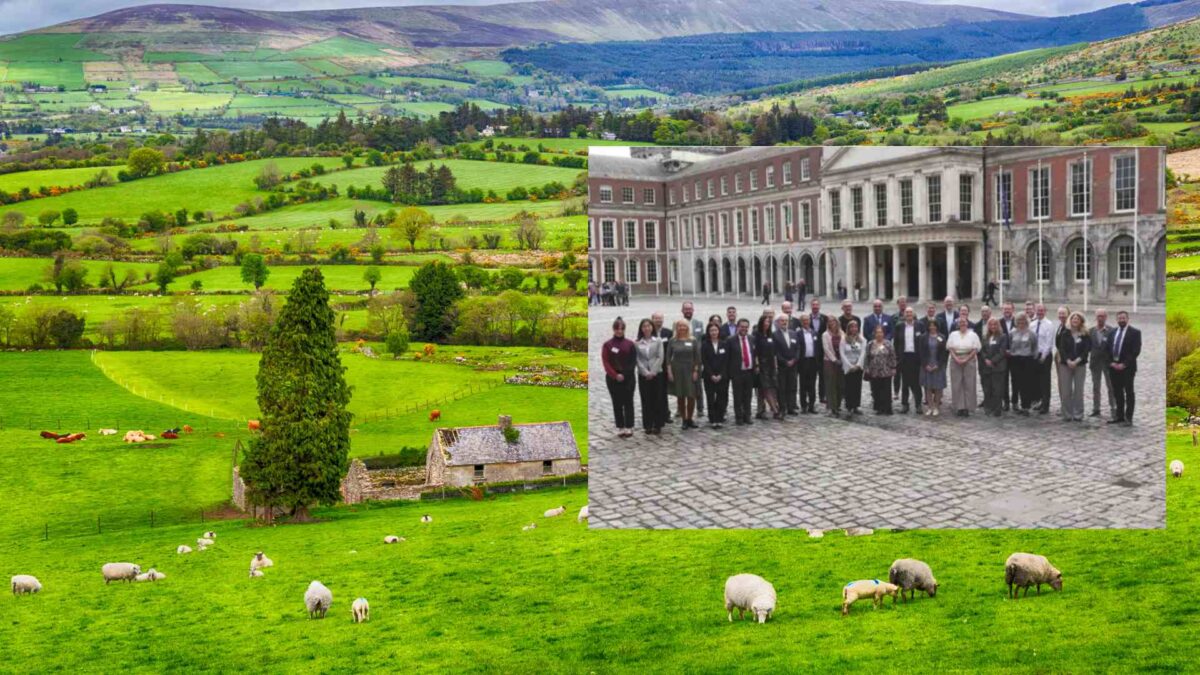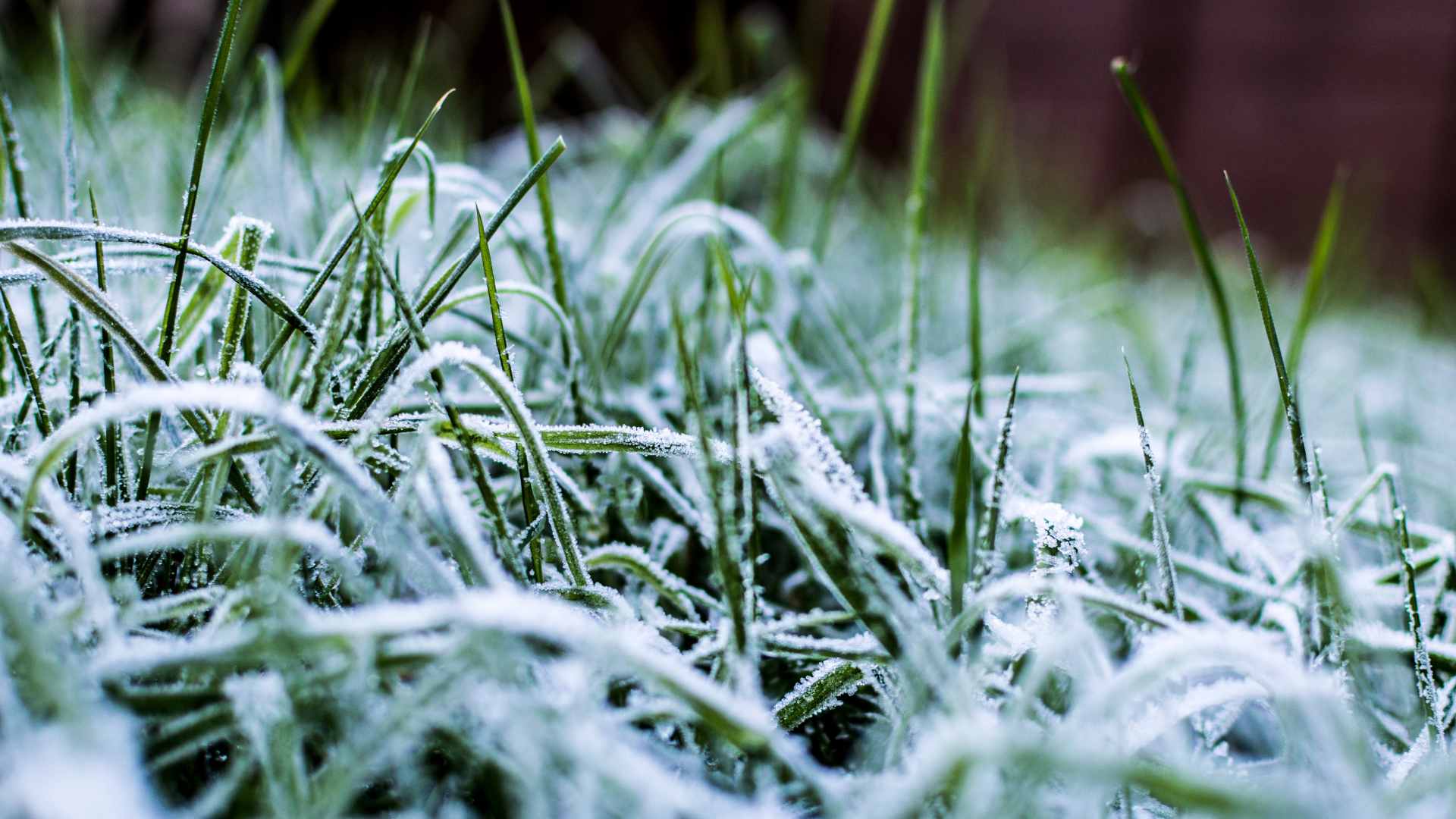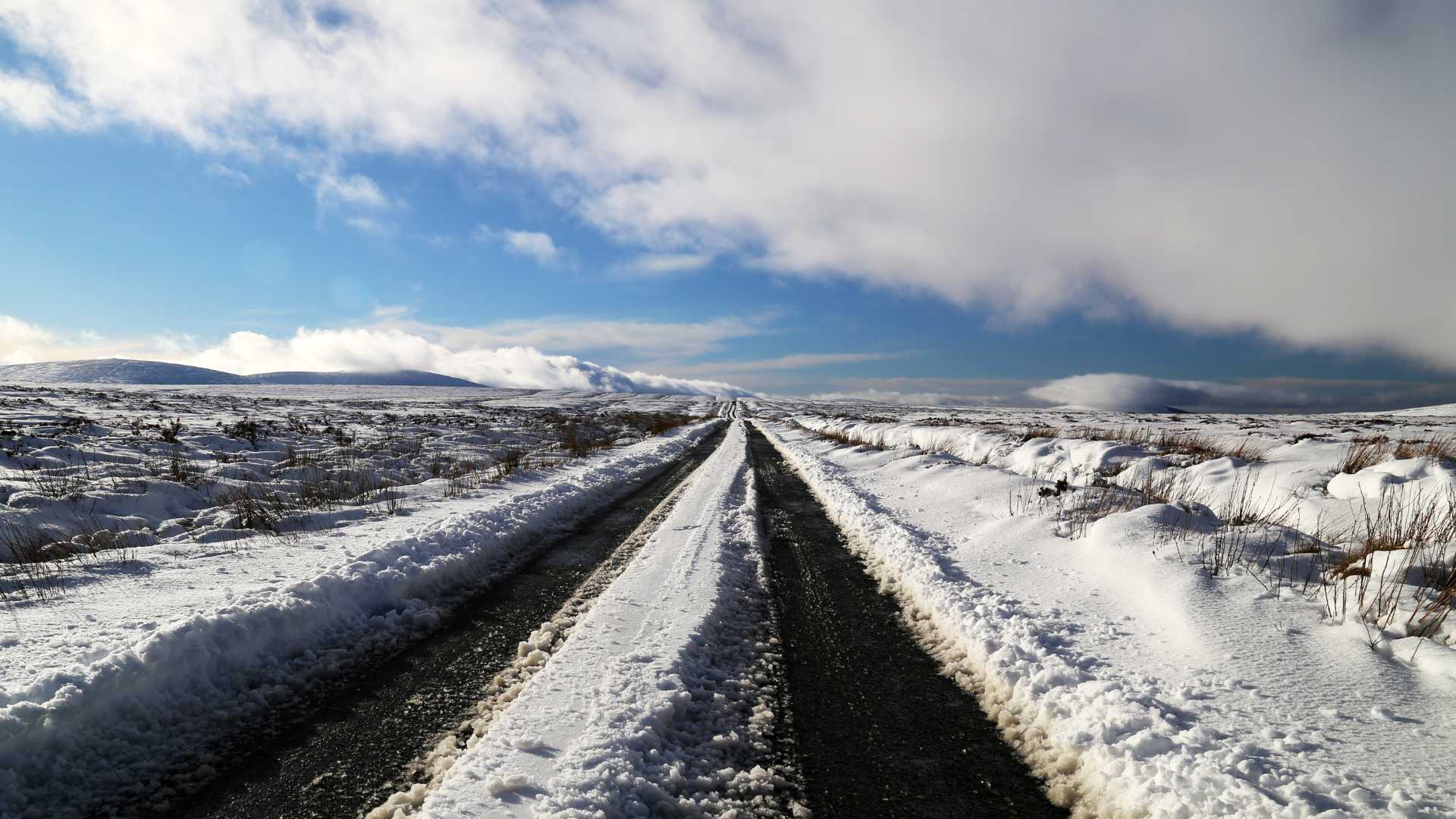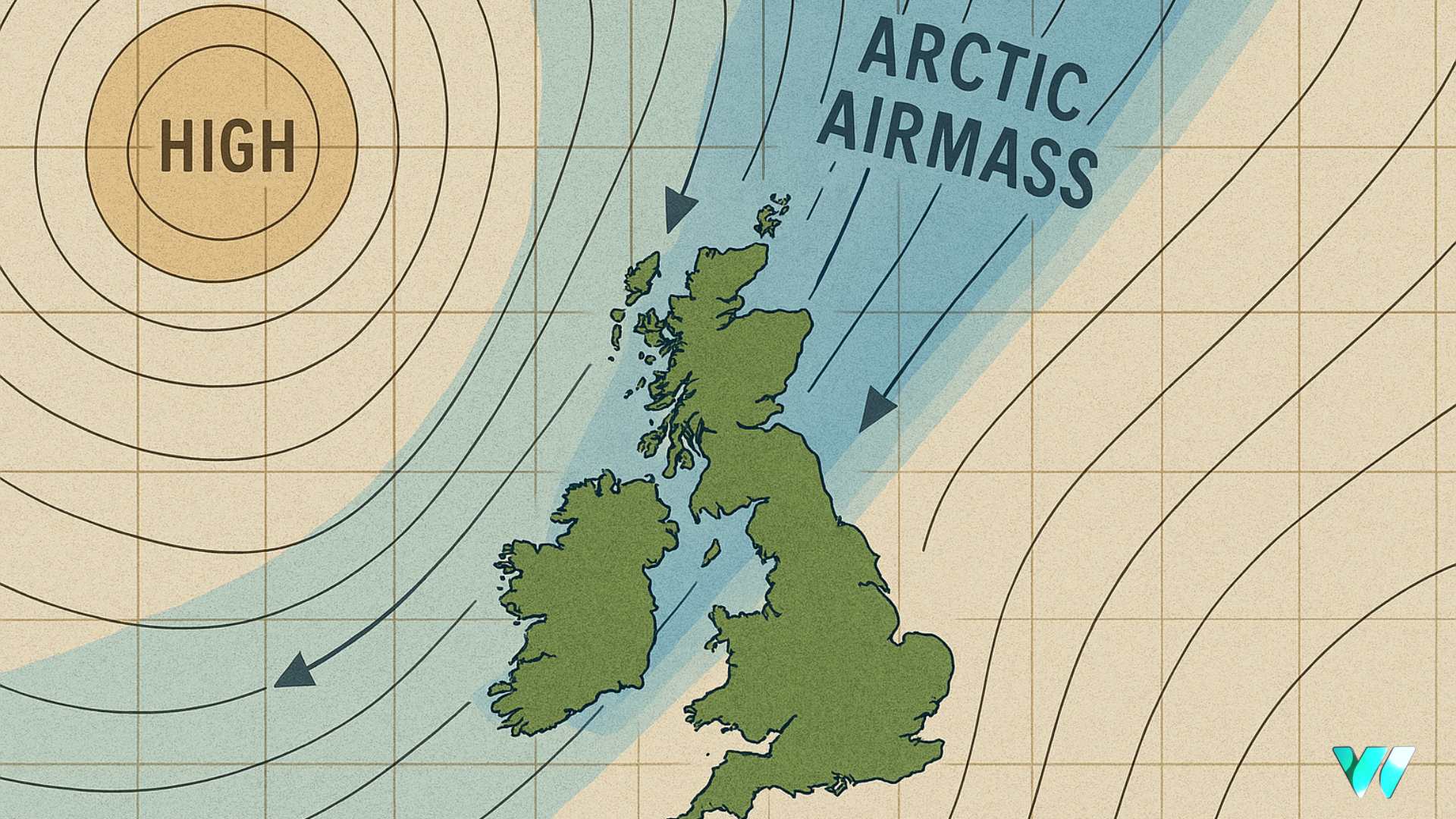
Global Climate Scientists Convene in Dublin

The Council of the Global Research Alliance on Agricultural Greenhouse Gases (GRA) opened its annual meeting today at Dublin Castle, bringing together leading climate scientists and agricultural experts from across the globe.
With a focus on the role of agriculture in climate change, the gathering marks a significant milestone for Ireland, which assumed the GRA chair for the first time this January through its Department of Agriculture, Food and the Marine.
Founded in 2009, the GRA is a collaborative international initiative aimed at reducing greenhouse gas emissions from agriculture while improving carbon sequestration. It fosters scientific cooperation, data sharing, and innovation in emissions measurement and mitigation strategies across different farming systems.
Now comprised of 68 member countries and 29 partner organizations, the GRA is working toward a sustainable future for food systems amid increasing climate pressures. This week’s council meeting will focus on the development of a new Strategic Plan to 2030, alongside updates from its four key research groups—livestock, croplands, paddy rice, and integrative systems.
Among the major topics: new flagship proposals such as research into reducing nitrous oxide emissions through biological nitrification inhibition in pastures, and a review of outcomes from completed initiatives, including the Feed Additives project, which has created practical tools for reducing methane emissions from livestock.
The discussions are being led by Irish government officials, and many participants will also attend the upcoming Agriculture and Climate Change: Science into Action conference on Thursday, 5 June. Delegates will then visit Teagasc’s Grange Research Centre and a Signpost Farm on Friday, 6 June, for a ground-level view of Ireland’s efforts to address agricultural greenhouse gases in real-world conditions.
With agriculture accounting for a significant share of global emissions, especially in methane and nitrous oxide, the work of the GRA is central to international climate action—and closely watched by weather and climate professionals worldwide.
Share this WeathÉire story:






